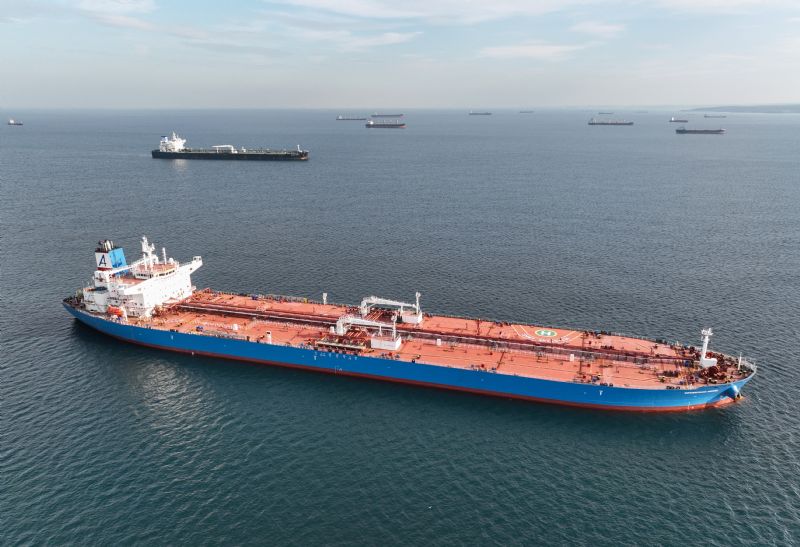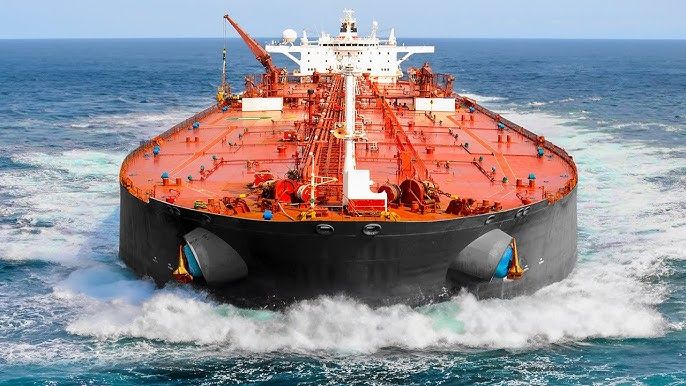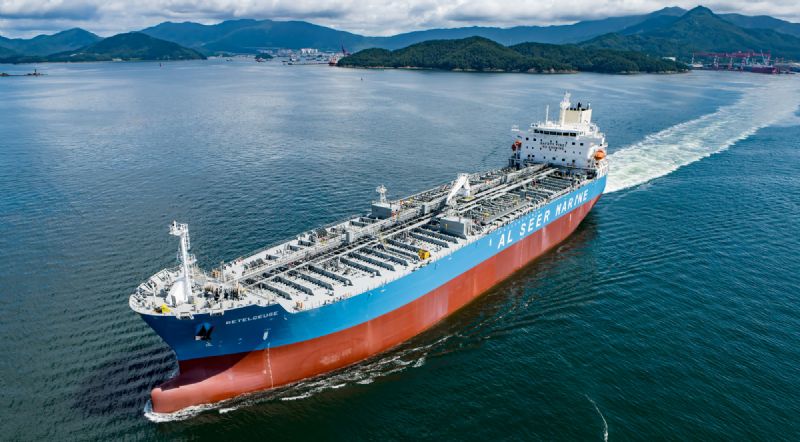
Countries in Europe, the European Union, and the UK announced further steps over the past two days designed to tighten the controls and expand the sanctions on the so-called fleet of shadow fleet of tankers moving crude oil and products from Russia. The coordinated series of actions comes as analysts continue to report the unchecked growth in the number of vessels evading sanctions and the G7 price cap on Russian oil.
The UK made a surprise announcement today, December 17, expanding the sanctions on tankers and launching a new £35 million ($44.5 million) aid package for Ukraine. It came just 10 days after the UK announced its previous round of tanker sanctions.
“These sanctions will add further pressure to Putin’s stalling war economy, just as we strengthen Ukraine’s hand with new funding for emergency support to meet its humanitarian needs and for vital repairs to the energy system, to help Ukrainians living through the third winter of Russia’s illegal full-scale invasion,” said UK Prime Minister Keir Starmer.
The UK added 18 crude oil tankers and two product tankers to its list of sanctioned vessels bringing its total to over 100 ships. Starmer highlighted that the UK has again listed more vessels than any other nation. It includes 93 oil tankers.
Today’s listing focused mostly on roughly 20-year-old crude oil tankers between 105,000 and 115,000 dwt. Eight of the tankers are registered in Panama, which previously moved to revoke registries when vessels are sanctioned. The other registries involved include Honduras, Gabon, Palau, Antigua & Barbuda, Djibouti, Vietnam, and Guinea-Bissau. Starmer asserted that three of the listed tankers had transported more than four million barrels of Russian oil in 2024.
The UK also listed two prominent oil trading companies, 2Rivers DMCC, and 2 Rivers PTE. The companies were called “key lynchpins,” in the efforts enabling the trading of Russian oil and financing the war in Ukraine.
Starmer also confirmed a new program first reported yesterday by The Financial Times that will see the UK and five Baltic countries begin inspections of insurance documents. The newspaper reported that the countries will challenge tankers for proof of insurance and ones that fail to respond to questions or provide documentation would be targets for future sanctions.
Latvia’s foreign minister Baiba Braze told the FT the goal is to make sure “their operations are made literally impossible.” She asserted that over 2,000 ships enter or exit the Baltic every day. The countries participating include Denmark, Sweden, Poland, Finland, Estonia, and the UK.
The UK highlights that it had already begun a similar effort for vessels transiting the English Channel to provide proof of insurance. Bloomberg reported that Estonia had also attempted efforts to ask for proof of insurance but was receiving responses from only about 40 percent of passing vessels.
The FT cites data from the Kyiv School of Economics reporting that 90 million barrels of Russian oil passed through the waters of Northern Europe each month in the first half of 2024. They cite the increasing danger reporting that there were nearly 30 accidents in 2022 and 2023 involving shadow tankers.
Today, shipbroker BRS released an analysis saying that the shadow fleet continues to grow and is approaching 10 percent of the global tanker fleet. They calculate that each month as many as 10 tankers are added to the shadow fleet which they report is now at a total of 850 ships. They point out that more than 13 percent of mid- to large-size tankers (above 34,000 dwt) are operating among the shadow fleet.
The foreign ministers of the European Union yesterday, December 16, confirmed the 15th round of sanctions on Russia including a new effort they said was aimed at non-EU tankers that are part of the shadow fleet. The final list of tankers includes an additional 52 vessels bringing to 79 the number of vessels designated by the EU. The European Commission welcomed the adoption saying the effort would tackle serious maritime safety and environmental risks posed by the often old and uninsured vessels of the shadow fleet.



We use cookies to improve your experience. By continuing to use our site, you accept our Cookies, Privacy Policy,Terms and Conditions. Close X